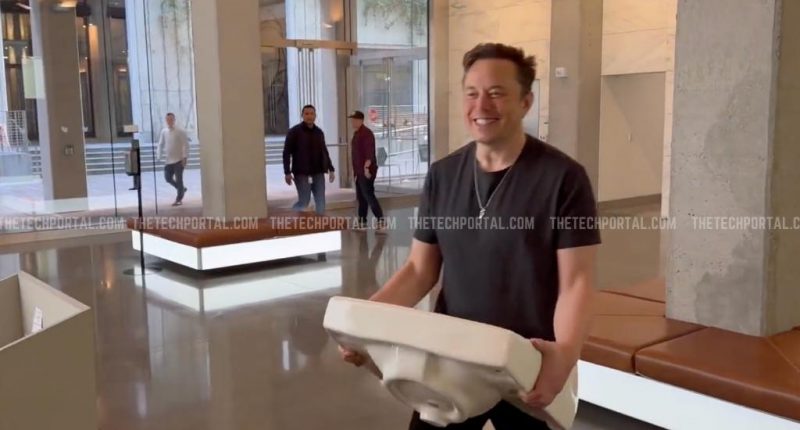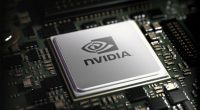Elon Musk has accused Apple of engaging in “unequivocal antitrust violations” and threatened immediate legal action on behalf of his AI startup, xAI. Musk, who is also the CEO of Tesla and owner of the social media platform X, alleges that Apple’s policies make it impossible for any AI company other than OpenAI to reach the top rankings in its App Store.
The core of Musk’s accusation centres on Apple’s partnership with OpenAI, which was announced last year at the Worldwide Developers Conference) to integrate ChatGPT into its iPhone, iPad, and Mac operating systems. The lawsuit would likely scrutinize Apple’s partnership with OpenAI under Section 1 of the Sherman Act, which prohibits agreements that unreasonably restrain trade.
Musk asserts that this partnership creates an unfair advantage, a claim he supported with a post on X questioning why Apple’s App Store refuses to place either X or his Grok AI chatbot in its “Must Have” section, despite their high rankings. While Grok is currently ranked as the fifth top free app, and X is the number one news app, OpenAI’s ChatGPT holds the top spot among free apps and is the only AI chatbot featured in the curated “Must-Have Apps” section.
For Elon Musk, his frustrations with Apple’s OpenAI partnership have come up before as well. Last year, he had threatened to block Apple devices from his companies, due to the partnership that Apple forged with OpenAI. It is not clear how much of this threat was really acted upon.
This is not the first time Apple has faced challenges on antitrust grounds. The company has a history of legal battles and regulatory fines related to its App Store policies and market control, both in the US and internationally. For instance, the Department of Justice last year filed a lawsuit against Apple, alleging the company maintains an illegal monopoly over the iPhone ecosystem.
In a separate case, a US judge ruled in a case brought by Epic Games that Apple had violated a court order by preventing greater competition within its App Store. The company has also been handed a substantial fine by the European Union for commercial restrictions that prevented app developers from steering users toward cheaper deals outside of the App Store.
The current spat is the latest chapter in a long-running public and private feud between Musk and OpenAI, a company he co-founded before his departure in 2018. Musk has repeatedly voiced his concerns about the safety and business practices of OpenAI, going so far as to previously threaten to ban Apple devices from his companies if ChatGPT were integrated at the operating system level (that was last year).
Musk’s recent comments come after xAI’s Grok chatbot surpassed Google as the fifth most popular free app on the App Store. The timing of his legal threat also comes on the heels of achieving the milestone and the recent release of OpenAI’s latest GPT-5 model (which opened a whole new can of worms, but that’s another story).
A victory for either side would set a powerful precedent for how platform owners manage their ecosystems and how AI tech is distributed to consumers. If xAI were to win its lawsuit, the consequences for Apple could include a court order requiring Apple to alter its App Store algorithms and editorial policies to ensure they do not favor specific partners, such as OpenAI. This could lead to a more open App Store where competing AI chatbots, including Grok, could receive equal prominence in curated lists and search results.
The Tech Portal is published by Blue Box Media Private Limited. Our investors have no influence over our reporting. Read our full Ownership and Funding Disclosure →






